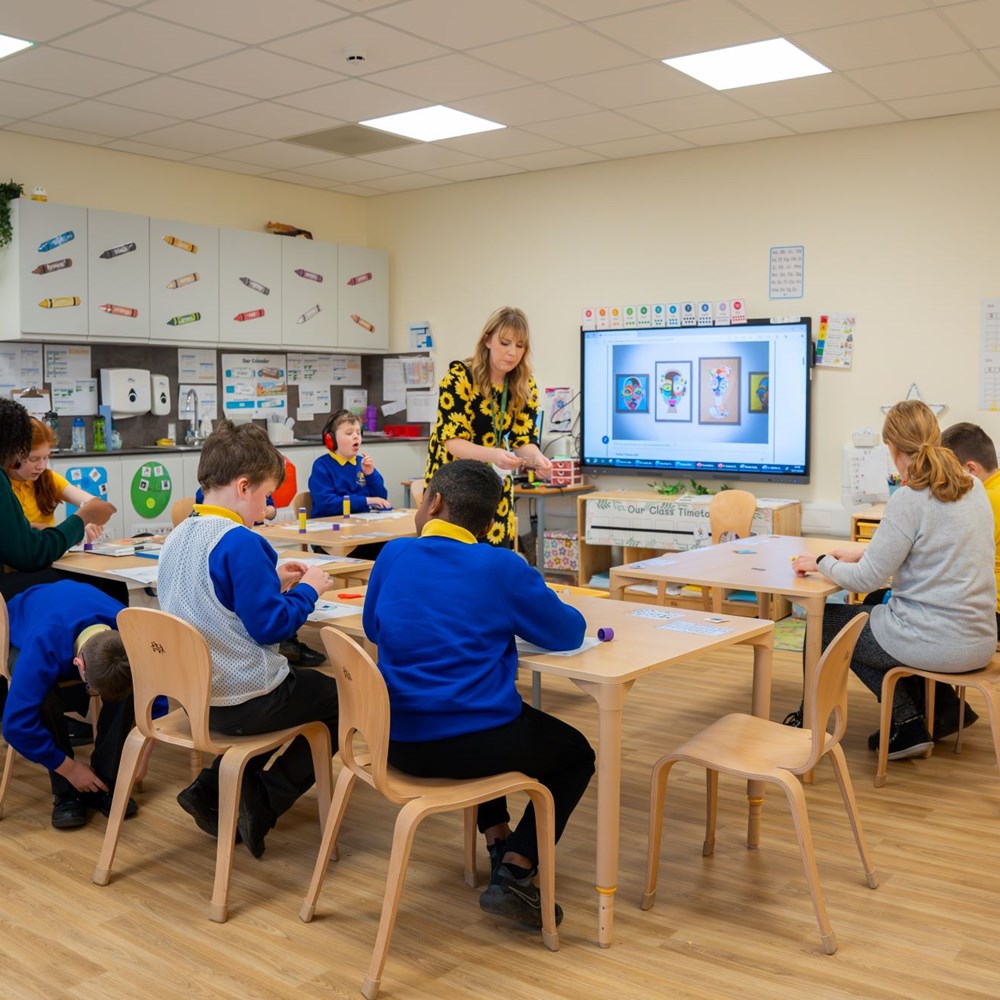Academic Curriculum
School Curriculum
Columbia Grange seeks to deliver the curriculum to each pupil in a way, which meets his or her individual needs. Each curriculum subject is progressive and focuses on building on previously taught skills. We recognise the importance of over learning and ensuring children have the opportunity to consolidate.
Our curriculum is designed to be flexible in order to build on pupils' interests and motivations. It actively seeks out opportunities for practical and functional learning as well as opportunities for topic-based learning.
Our curriculum includes the discrete teaching of:
Art
Communication and Language - including Listening and Attention, Speaking and Understanding, Functional Communication
Food Technology
Independence
Mark Making and Writing
Maths
Music
Outdoor Learning
Physical Development
PSHE - including the teaching of RSE
Reading - including the teaching of Phonics
Science
All children have opportunities to apply taught skills both inside and outside of the classroom and have regular visits to the local area. We recognise the importance of preparing children for adulthood and ensure they have the opportunities to develop skills with will support with this.

